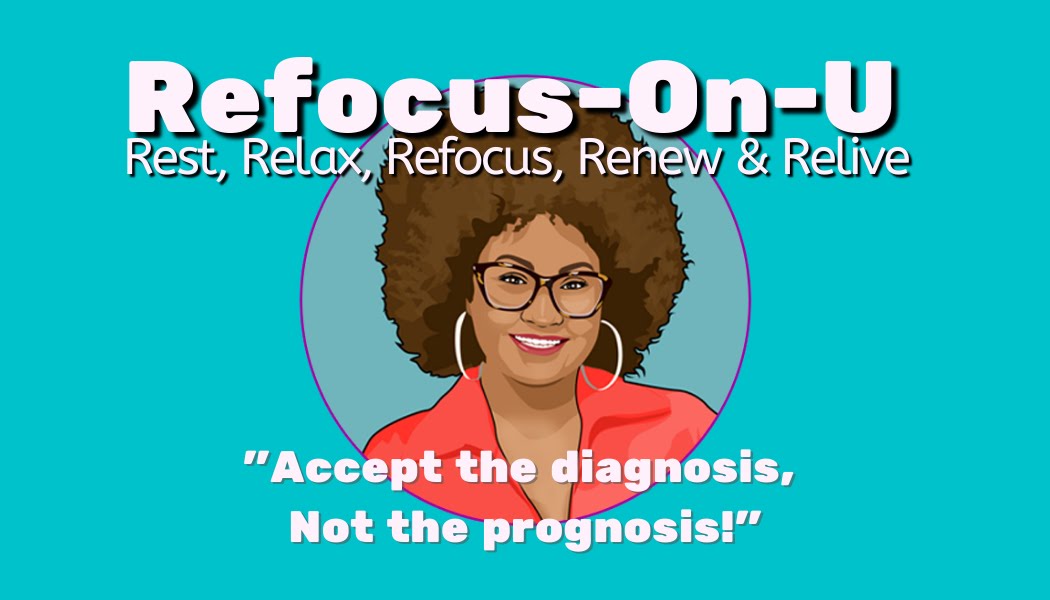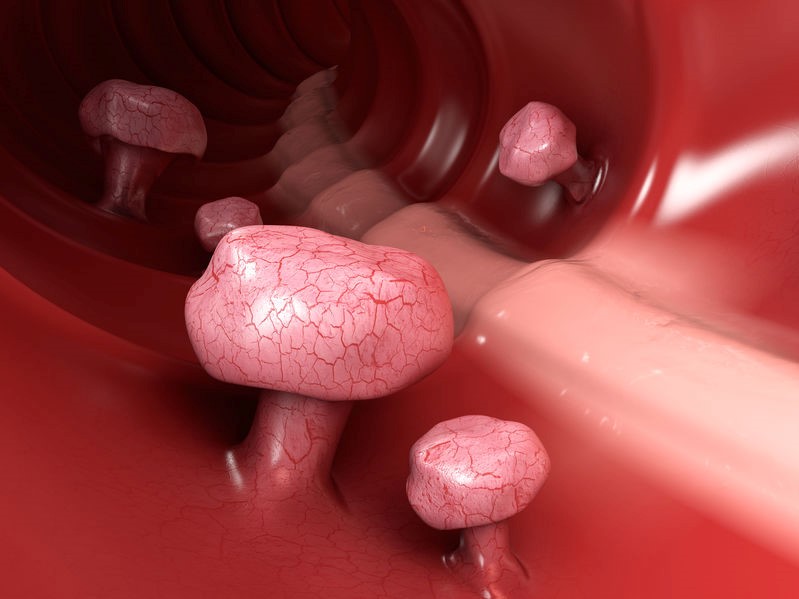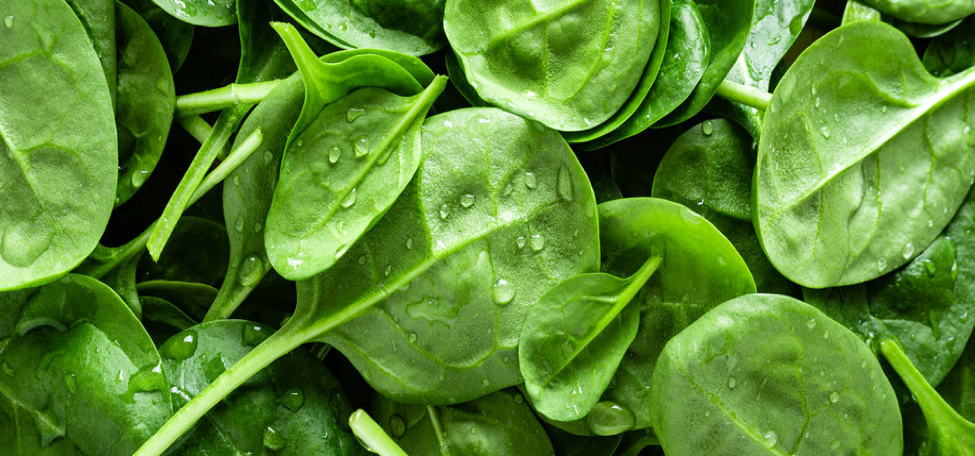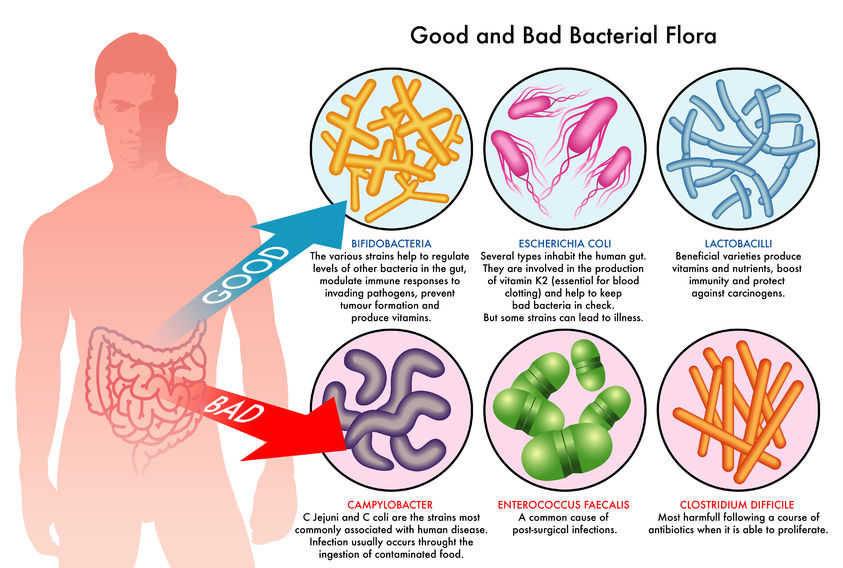Pseudomembranous Colitis is known as PMC; this is due to inflammation in your colon and usually is a side effect of antibiotics. The most common bacterium that causes PMC is Clostridium difficile. (C-diff). Most folks who are predisposed to this are people who have a compromised immune system as well as the elderly who may reside in nursing homes.
C-diff is found everywhere, including feces, and often when the body has had too many antibiotics, the healthy bacteria in the colon is limited. The unhealthy bacteria take over and are unable to ward off the symptoms of C-diff.
These symptoms include cramping, diarrhea, blood in the stools, nausea, rapid heart rate, and dehydration. If you or a loved one are experiencing these symptoms, contact your doctor or a visit to the hospital may be necessary.
While particular forms of Colitis can be treated with palliative care, such as addressing the fever with nonsteroidal anti-inflammatory drugs (NSAIDs) and keeping your electrolyte balanced with fluids, getting proper rest, and treating diarrhea with Imodium, the only way to be sure of what you are dealing with is a specific diagnostic test. Your doctor may choose, such as a colonoscopy, a CT scan, a stool culture, along with blood work, to make the proper diagnosis. If you are dealing with Clostridium Difficile, then this must be treated with an antibiotic.
Because Colitis affects the digestive system than your diet will become very important in limiting outbreaks or keeping infections to a minimum.
- Dairy products: For those who are lactose intolerant staying away from milk and yogurt will keep your symptoms to a minimum.
- High-fat foods: These foods are difficult to digest and often irritate the lining of your digestive system.
- Spicy foods: Often, a bland diet works well to alleviate a digestive crisis.
- Gluten: This is made from wheat, which can be very irritating to the gastrointestinal lining.
It is often best to keep a diary of what you are eating. Being knowledgable will go a long way in discovering what may be at the root of your chronic digestive ailment. For once you have identified the culprit, you can minimize the great inconvenience it can have on your lifestyle.







